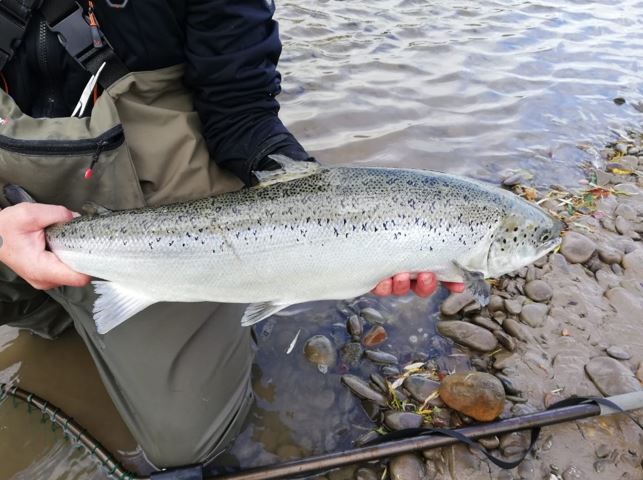
News
NW Anglers asked to report and kill escaped farmed salmon
On 20th August 2020, Storm Ellen caused damage to a fish farm in the Firth of Clyde on the Scottish west coast that resulted in the escape of almost 50,000 farmed Atlantic Salmon. Over 100 of these fish have been caught by anglers fishing rivers on the Scottish West coast in the broad proximity to the farm from where they escaped. At least 5 farmed salmon have also been caught in Cumbrian rivers and the Border Esk. It is well established that potential interbreeding between escaped farmed salmon and native wild salmon is damaging to the native stock, so it is strongly recommended that any farmed salmon caught be humanely destroyed and removed from the river.
The Environment Agency have now issued a local enforcement position which will allow anglers to remove these fish and send scale samples for analysis.
This new enforcement position is temporary and can be removed at any time. It covers the following rivers:
The Border Esk, the River Eden, the River Calder, the Rivers Annas, Bela, Ellen, Gilpin, Keer, Mite, Waver, Wampool and Winster, Leven, Crake,
We would encourage all angler to read the detail of this Temporary Local Enforcement Position themselves by clicking this link however the key conditions are that:
Only farmed salmon may be taken and killed. Wild salmon must be returned to the water unharmed (unless the provisions of the River Leven and Crake Byelaws apply).
The farmed salmon are relatively easy to distinguish from wild salmon. Specifically, the farmed salmon tend to have ragged dorsal, tail and pectoral fins, often have shortened or damaged gill covers, are more heavily spotted, and tend to be more silver in appearance than the wild salmon that are much more coloured at this time of year. The escaped farmed salmon are mostly of uniform size around 8 to 9 pounds in weight. A visual guide to demonstrate the difference between wild and farmed salmon is available HERE
All captured farmed salmon must be reported as quickly as possible using the Fisheries Management Scotland online reporting form This can be completed by mobile phone.
A sample of scales must be scraped from each captured fish, wrapped in paper and sent to the Ayrshire Rivers Trust Office, 1 Gibbsyard, Auchincruive Estate, Ayr, KA6 5HW.
Anglers must complete their annual catch return to the Environment Agency as normal after the end of the fishing season, including the details of any farmed salmon caught.
You might also like
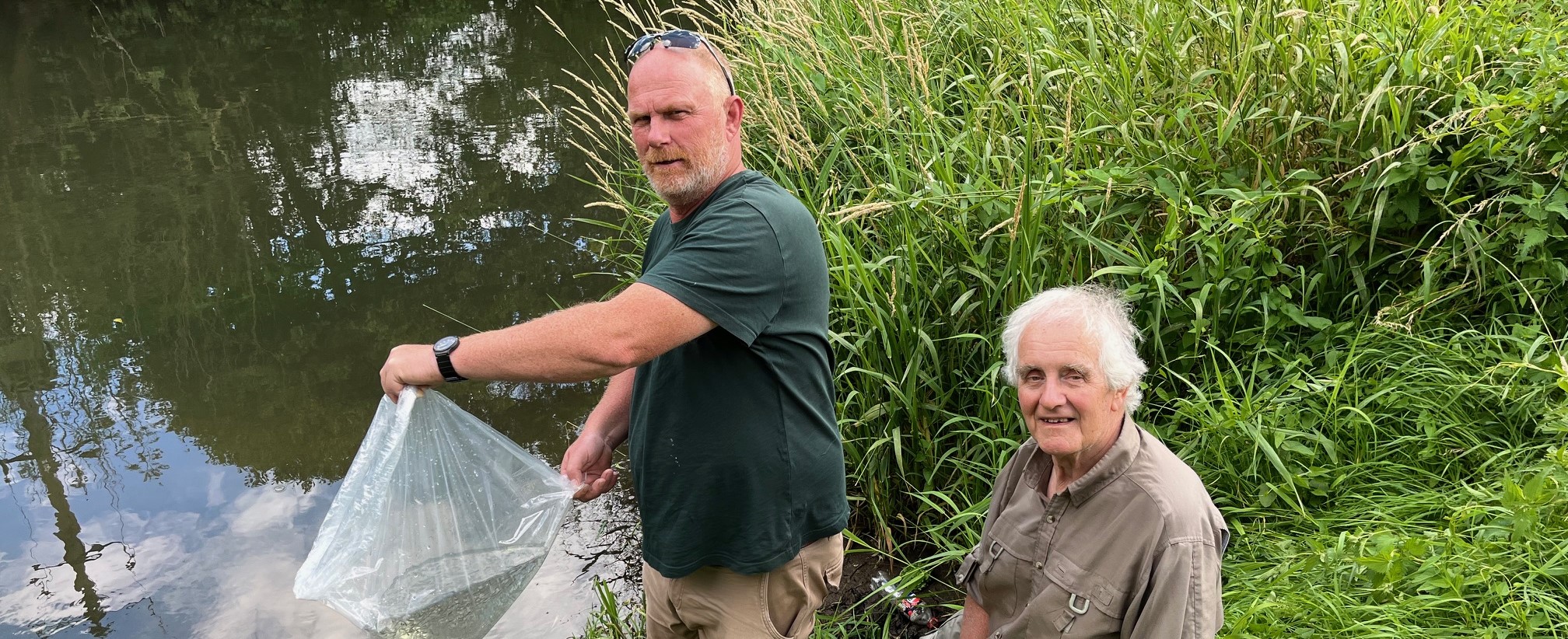
New Kennet Hatchery Releases First Reared Fish
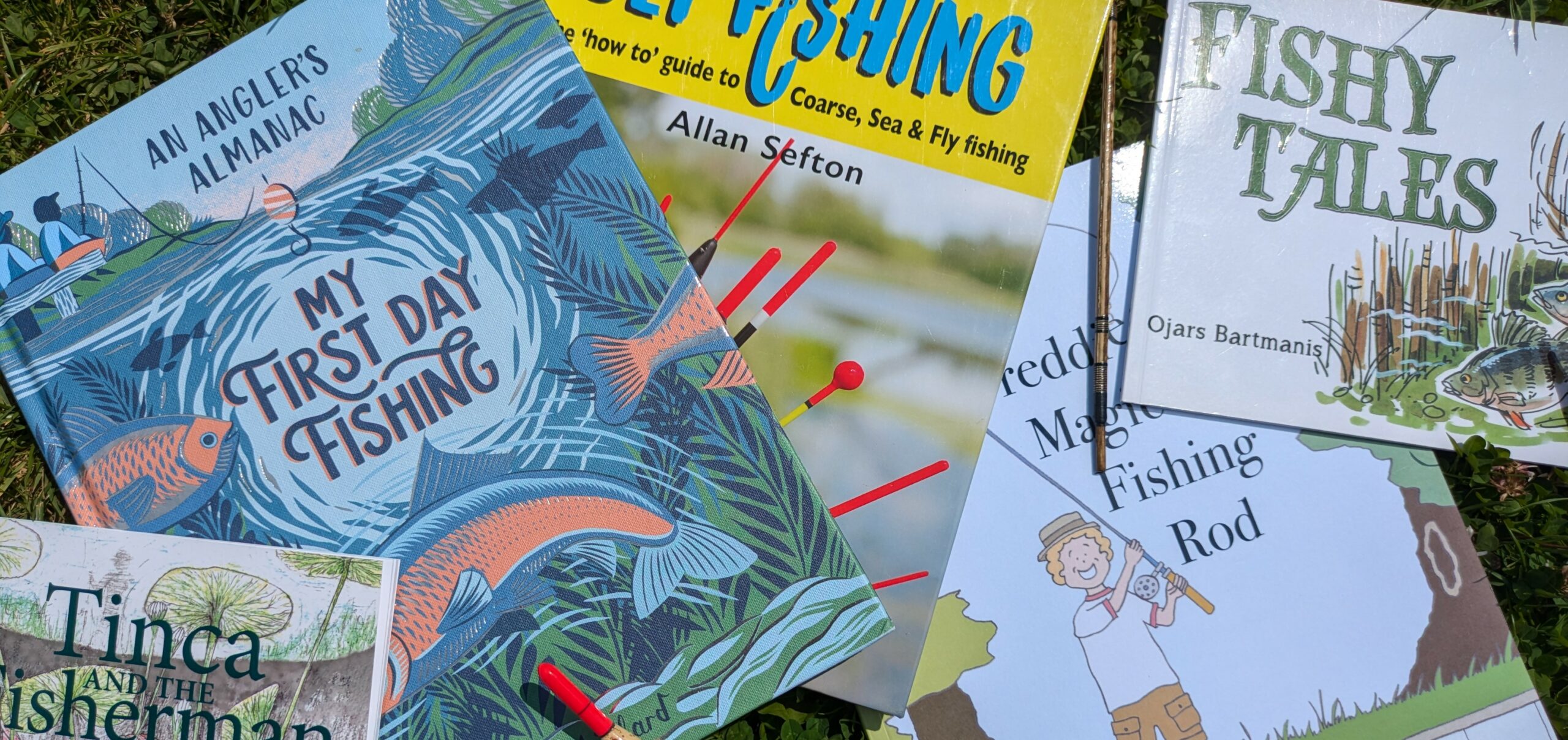
Fishing Books for Kids

UK Recreational Catch-and-Release Bluefin Tuna: A step closer to…
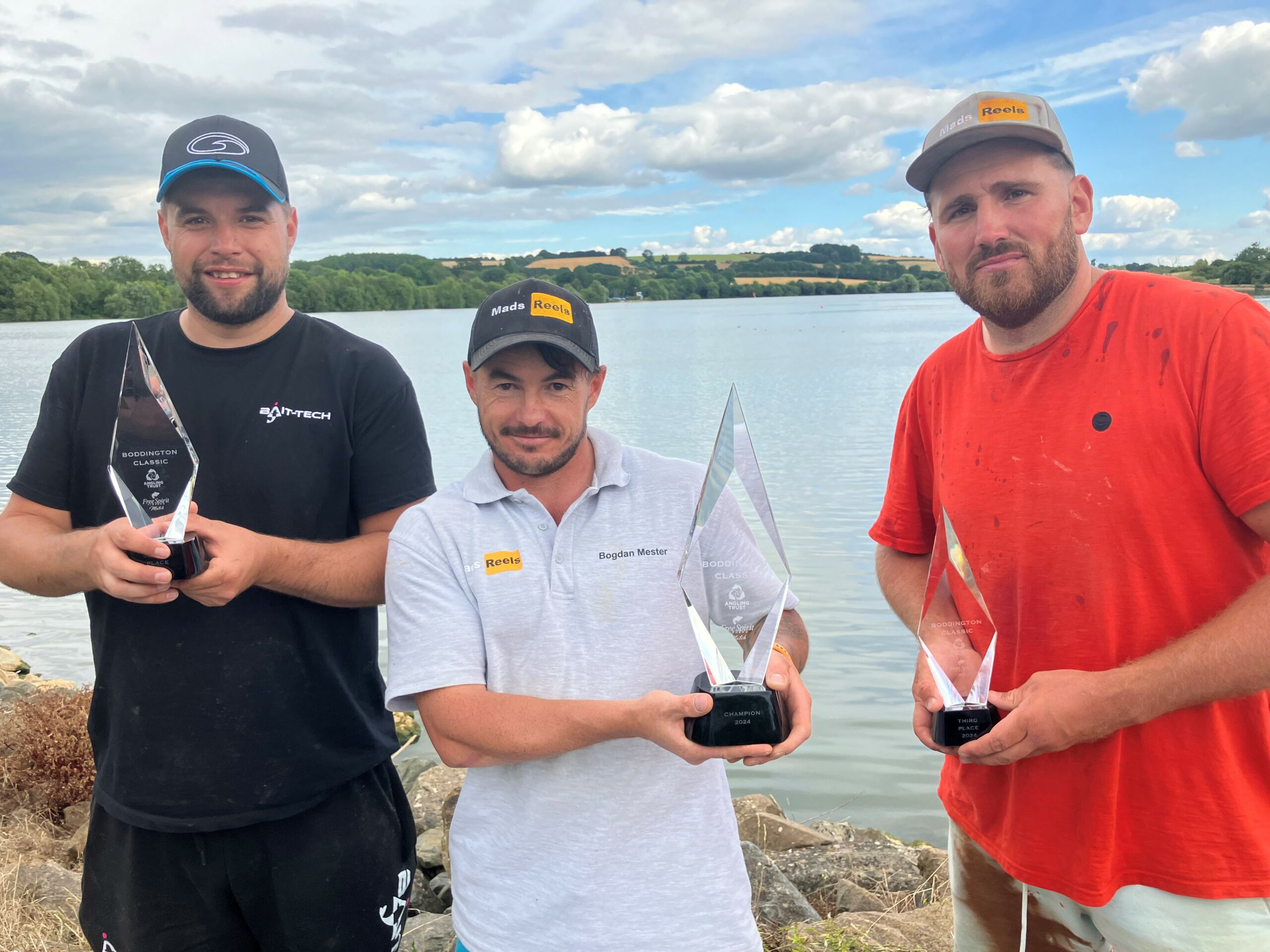
MESTER THE MASTER AT FREE SPIRIT MATCH BODDINGTON CLASSIC…
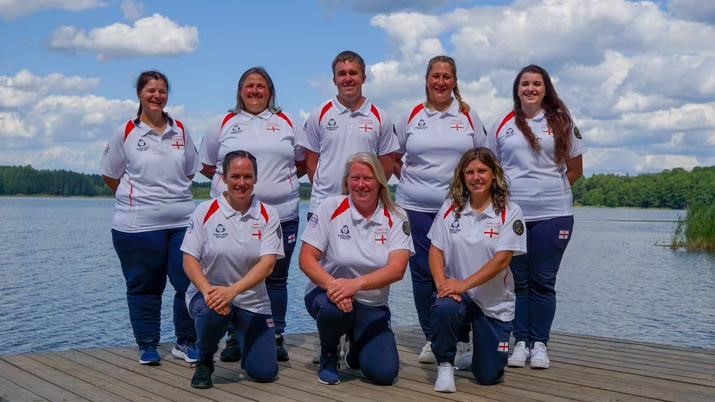
ENGLAND LADIES CARP TEAM MISS MEDAL ON TOUGH LATVIAN…

Angling Trust urges government to go further and faster…
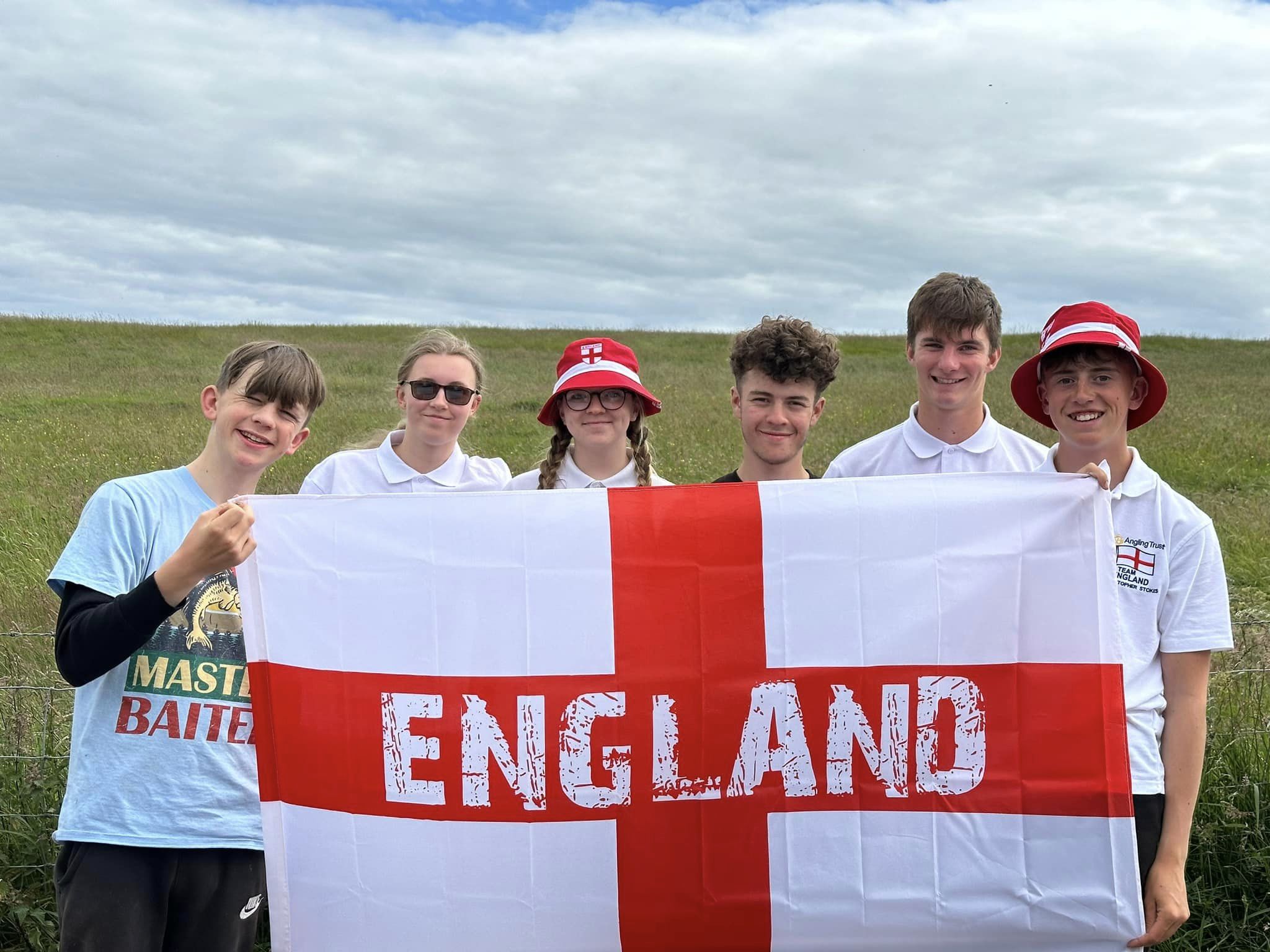
ENGLAND YOUNG GUNS LEAD THE WAY IN HOME NATIONS…
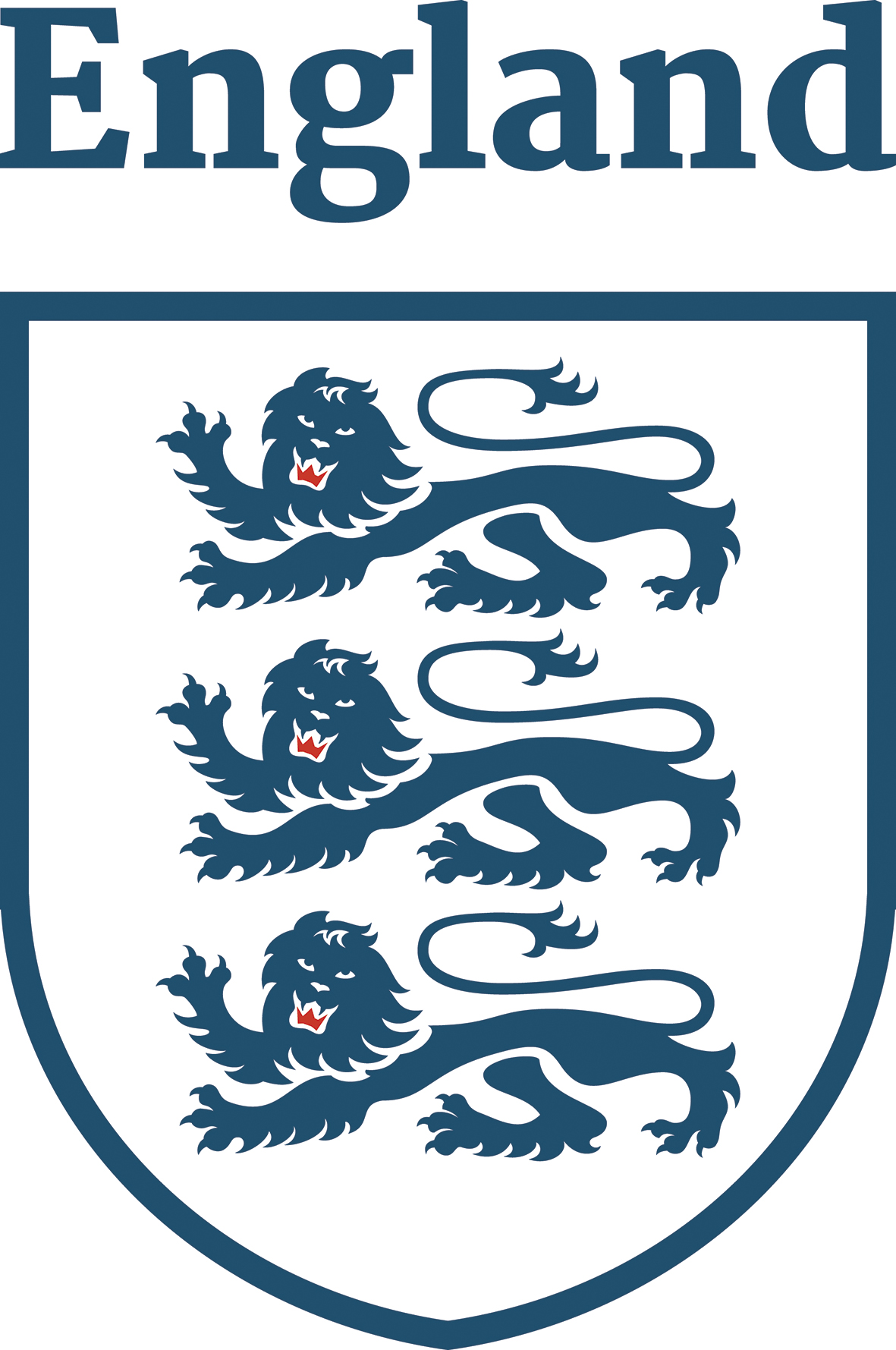
AMAZING ENGLAND COMEBACK SECURES EURO CHAMPS BRONZE
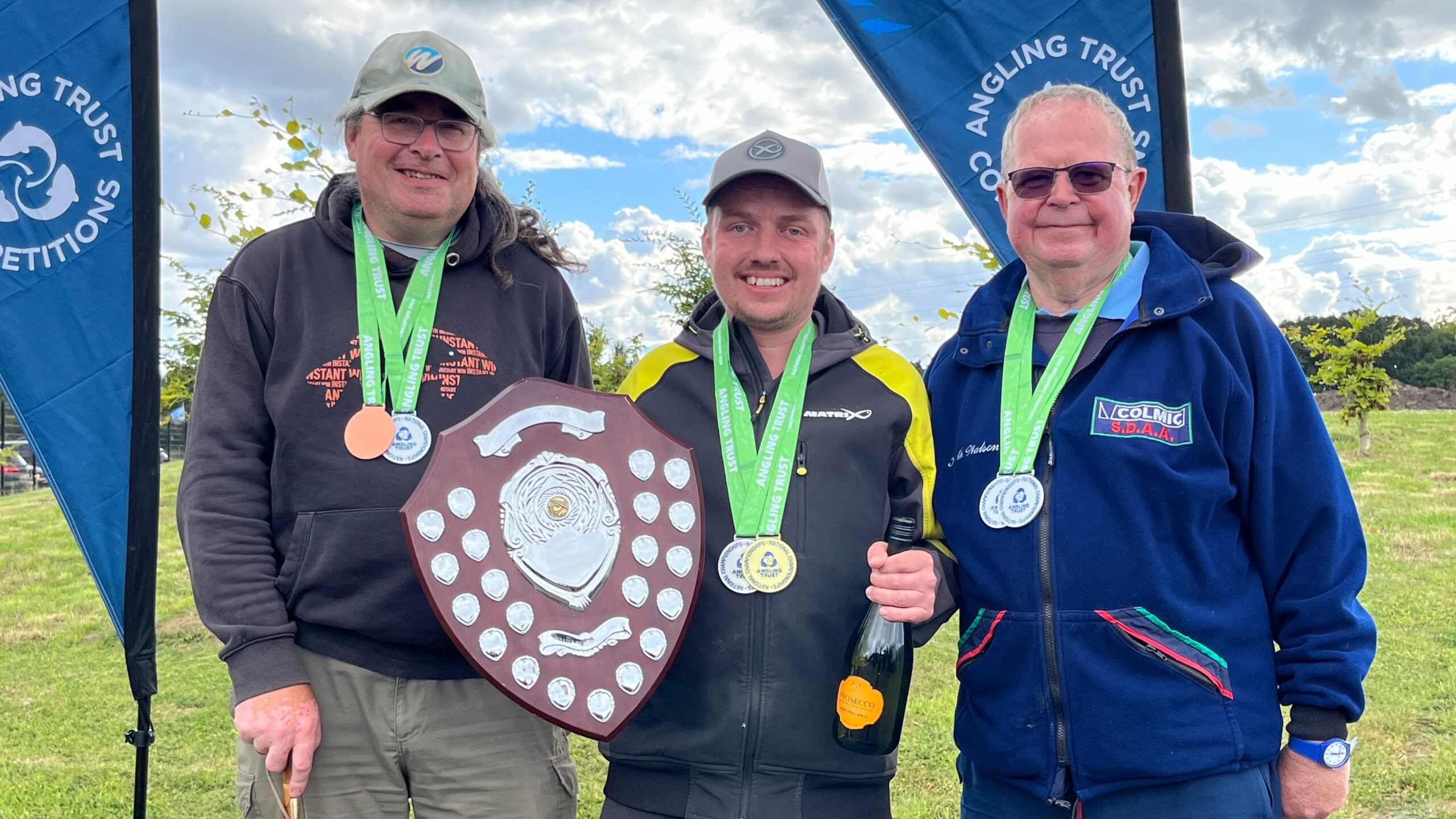
ELLIOT BAGS THIRD NATIONAL WIN AT MARSTON!

PATIENT APPROACH WIN WOMEN’S NATIONAL FOR LEANNE!
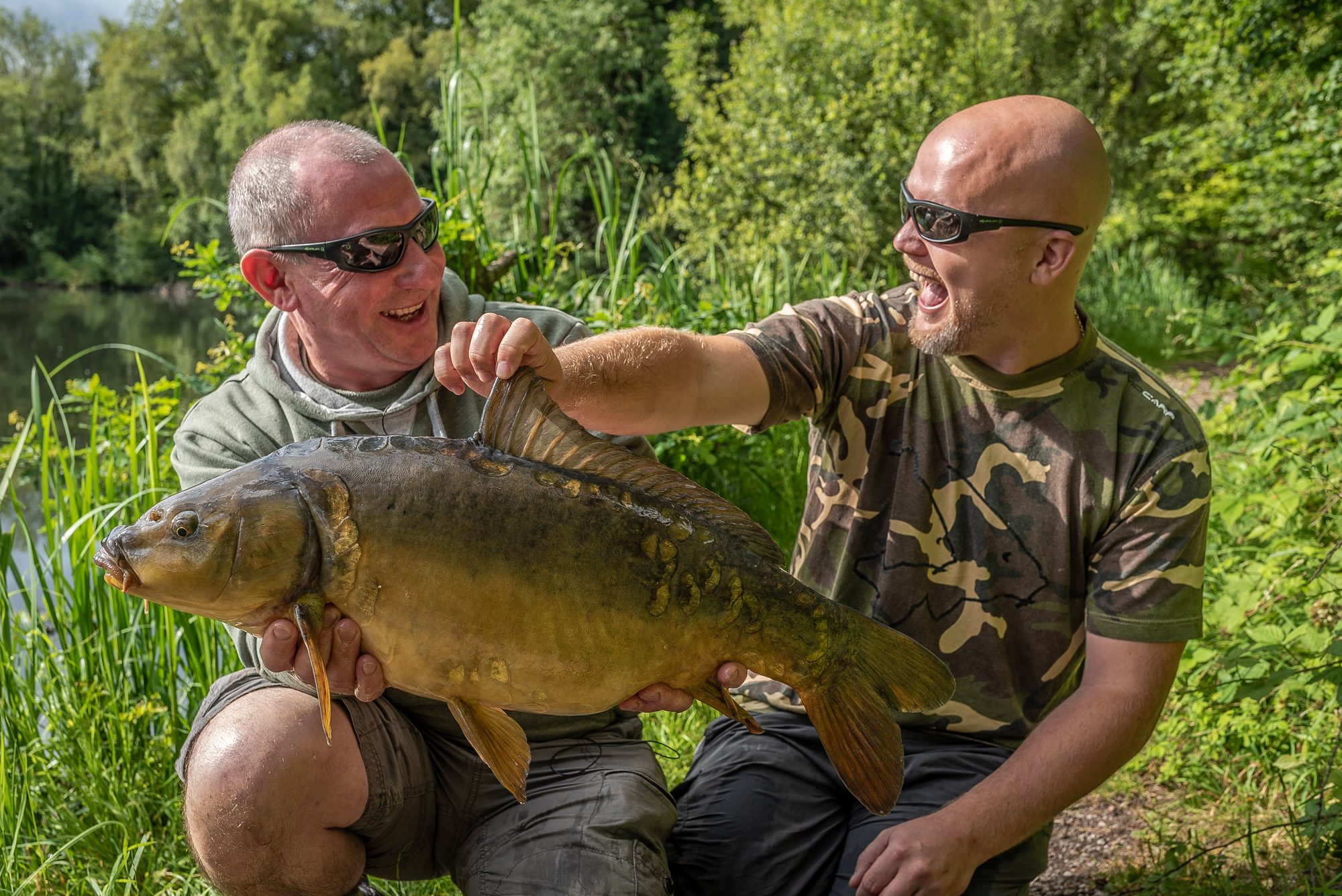
Take a Friend Fishing
27th July to 1st September…









